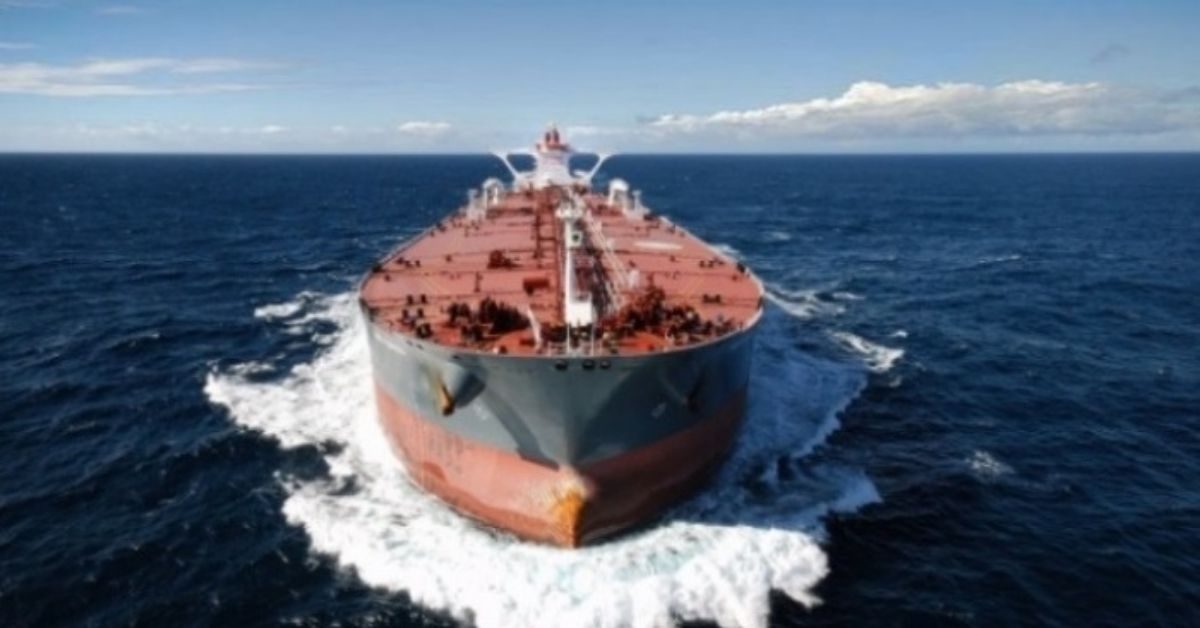After weeks of back-and-forth negotiations, and some last-minute holdouts, the EU confirmed that a deal has been reached to establish a price cap on Russian oil. It was a key step ahead of the import ban on Russian seaborne oil due to go into effect on December 5, and being hailed as a demonstration of western resolve for the sanctions against Russia in retaliation for the war in Ukraine, but questions remain on how it will impact the shipping industry.
The Czech Presidency of the Council of the European Union, which is due to expire this month, Tweeted out the first news confirming that an agreement had been reached. “Ambassadors have just reached an agreement on price cap for Russian seaborne oil.” The statement did not confirm the widely reported $60 a barrel cap instead saying, “Written procedure follows, decision will enter into force on publication in the Official Journal.”
Gertrud von der Leyen, president of the European Commission, also released a brief video statement hailing the deal as a sign of the EU resolution to strengthen the effect of the sanctions. She said the deal would diminish Russia’s revenues while stabilizing the global energy markets. She said a critical element was to ensure that emerging and developing countries would continue to have access to oil at limited prices.
Many questions emerged about the price with analysts noting that while it is significantly below the current level of the global benchmark Brent oil, it is actually above the current price for Russian crude. Some of the holdouts during the negotiations, including reportedly Poland and the Baltic states, argued for a higher level to ensure that Russia does not cut off the critical flow of oil especially to developing nations causing new shockwaves across the global energy markets. Others are saying at $60 the cap is largely a political move with little real-world impact. Von der Leyen in her comments however points out that the cap is adjustable to market developments.
Russia has previously said that it might not sell to countries observing the cap. However, Russian Foreign Minister Sergei Lavrov said in his comments that the price cap level was irrelevant.
Left unanswered is how the cap will be enforced and what role the shipping companies will take in the program. Everything is due to be finalized with everyone closely watching for the publication of the official procedures.
Analysts however believe the shipping industry has been quietly shifting to prepare for the sanctions and the price cap. Shipping costs for Russian crude skyrocketed in recent days over fears about the cap and how it will be imposed on the industry. However, at the same time speculation is that the recent record prices for crude oil tankers might reflect the industry quietly rearranging its fleets to manage the caps. The Iranian watchdog organization United Against Nuclear Iran (UANI) reported yesterday for example that “31 vessels found to have switched from helping Tehran export Iranian oil to now helping Moscow transport Russian oil or petroleum products” since the invasion of Ukraine in February. Highlighting their so-called “switch list,” the NGO said “UANI first predicted that Russia would turn to the ‘Ghost Armada’ to keep the crude flowing to its Chinese partner in May 2022. Since then, the number of tankers that have made the switch has grown.”
UANI draws parallels to how Iran has handled the sanctions on its oil trade. In an analysis released on December 1, they said no less than 280 vessels have been involved in the transfers designed to beat the sanctions on Iranian oil. Currently, they point out that more than a third of the vessels are registered in Panama, but they point to “flag hopping” reporting that more than 20 registries have been shown to have vessels participating in the trade.
The initial agreement reached by the EU ambassadors needs to be finalized and is due for adoption on Monday. The G-7 also needs to approve as the next step in expanding the limits on Russian oil. The nations of the G-7 have promised to stop Russian oil imports by the start of 2023, while the EU is poised to expand its bans to Russian oil products in February as the war in Ukraine marks its first year.







